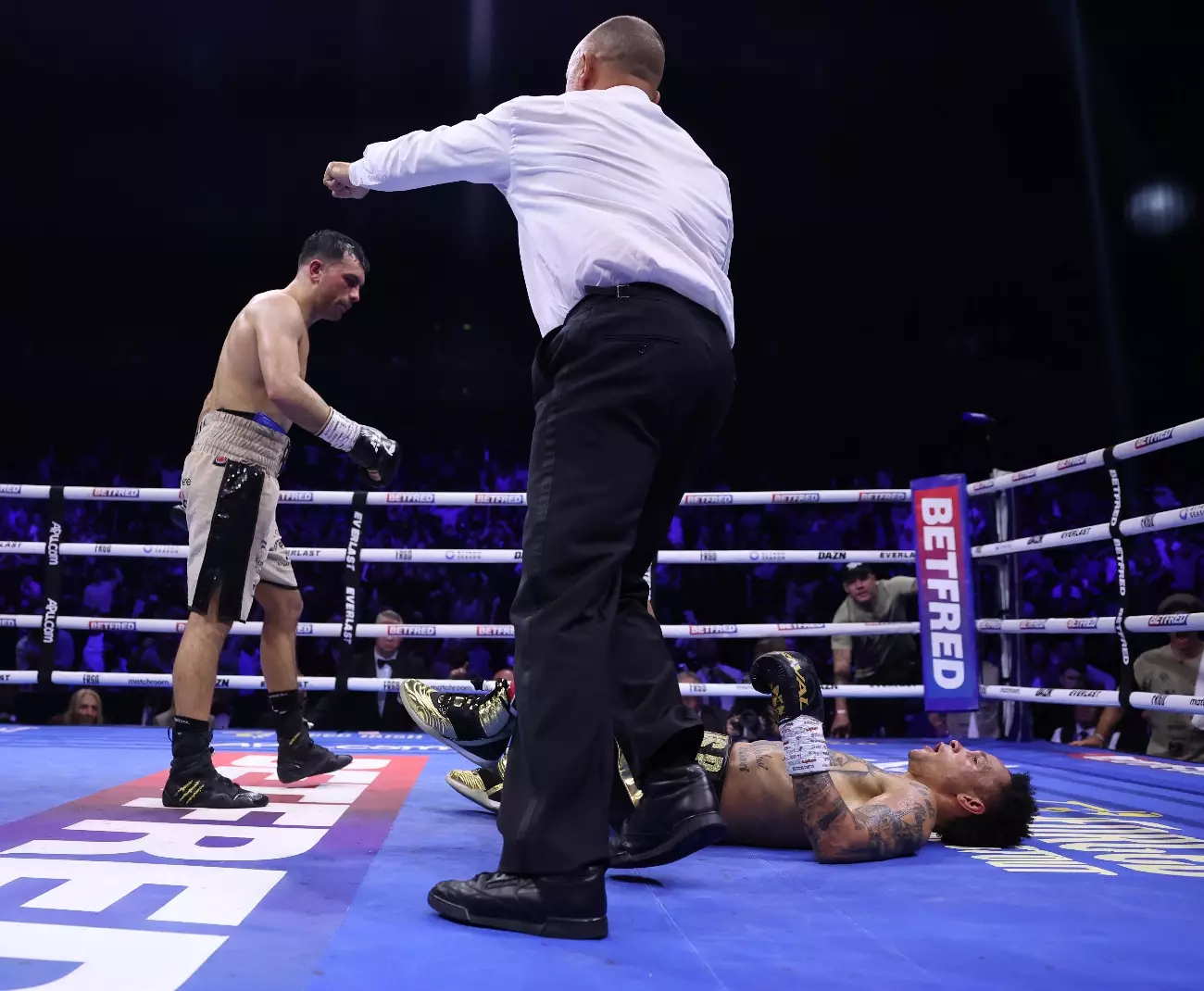In the world of boxing, promotional rivalries can often escalate beyond the confines of the ring and into the realm of public discourse. Recently, a notable clash erupted between two of the sport’s prominent promoters, Eddie Hearn and Oscar De La Hoya, following Regis Prograis‘ disappointing loss to Jack Catterall in Manchester. Hearn’s response to De La Hoya’s critical tweet not only highlights the intense competition in boxing promotion but also shines a light on the intricacies of matchmaking and fighter development.
Regis Prograis, a former WBA and WBC light welterweight champion, faced a significant challenge when he stepped into the ring to battle Jack Catterall. The unanimous decision loss, marked by scorecards reading 117-108, 116-109, and 116-109, has sparked heated discussions about his career trajectory under Hearn’s Matchroom Boxing. Prograis‘ defeat is particularly notable as it represents his second consecutive loss under Hearn’s promotional banner, raising questions about the handling and strategies implemented for the fighter’s successful return to the top.
Despite Hearn’s assertion that Prograis „made an absolute fortune“ in his previous fights, including a victory over Danielito Zorrilla, questions abound regarding whether his economic success has occurred at the expense of his competitive edge. On the other hand, De La Hoya’s insistence that Hearn has „ruined“ Prograis through poor matchmaking presents a counter-narrative that critiques both the promoter and the promotional strategies employed.
Eddie Hearn’s defense centers on the autonomy given to Prograis for his career decisions, emphasizing that the fighter „chose to roll the dice“ against Catterall after having celebrated lucrative bouts. Hearn’s perspective highlights the dilemma faced by promoters—the need to balance fighter aspirations for greatness with business considerations, while also nurturing the intricate relationships that influence a fighter’s career longevity and success.
Yet, the boxing community must scrutinize whether matchmaking decisions truly reflect a fighter’s potential and readiness. In the case of Prograis, critics argue he may be facing opponents he would have outclassed in his younger days, suggesting a decline in performance that could warrant a reevaluation of his fighting strategy or even a reconsideration of the types of matches being made.
Hearn’s remarks about De La Hoya also underscore a deeper issue: the emotional toll of high-stakes competition in boxing. When Hearn mentioned, „Oscar has so much pain in his heart,“ he touches upon the pressure that promoters feel to secure victories for their fighters, reflecting how passionate personalities become intertwined with their athletes’ successes and failures.
As Prograis navigates the intersection of fortune and failure, the boxing fraternity observes, learning from Hearn and De La Hoya’s feud. This rivalry serves as a microcosm of the broader narrative in boxing where ambition, sacrifice, and the throes of public scrutiny come into play. Ultimately, Reguis Prograis’s future hinges not only on his performance in the ring but also on the supportive scaffolding built by his promotional team. The road ahead remains uncertain, and with every match, the stakes continue to rise, further illuminating the intricate dance between promotion, matchmaking, and fighter resilience in the boxing world.


Napsat komentář